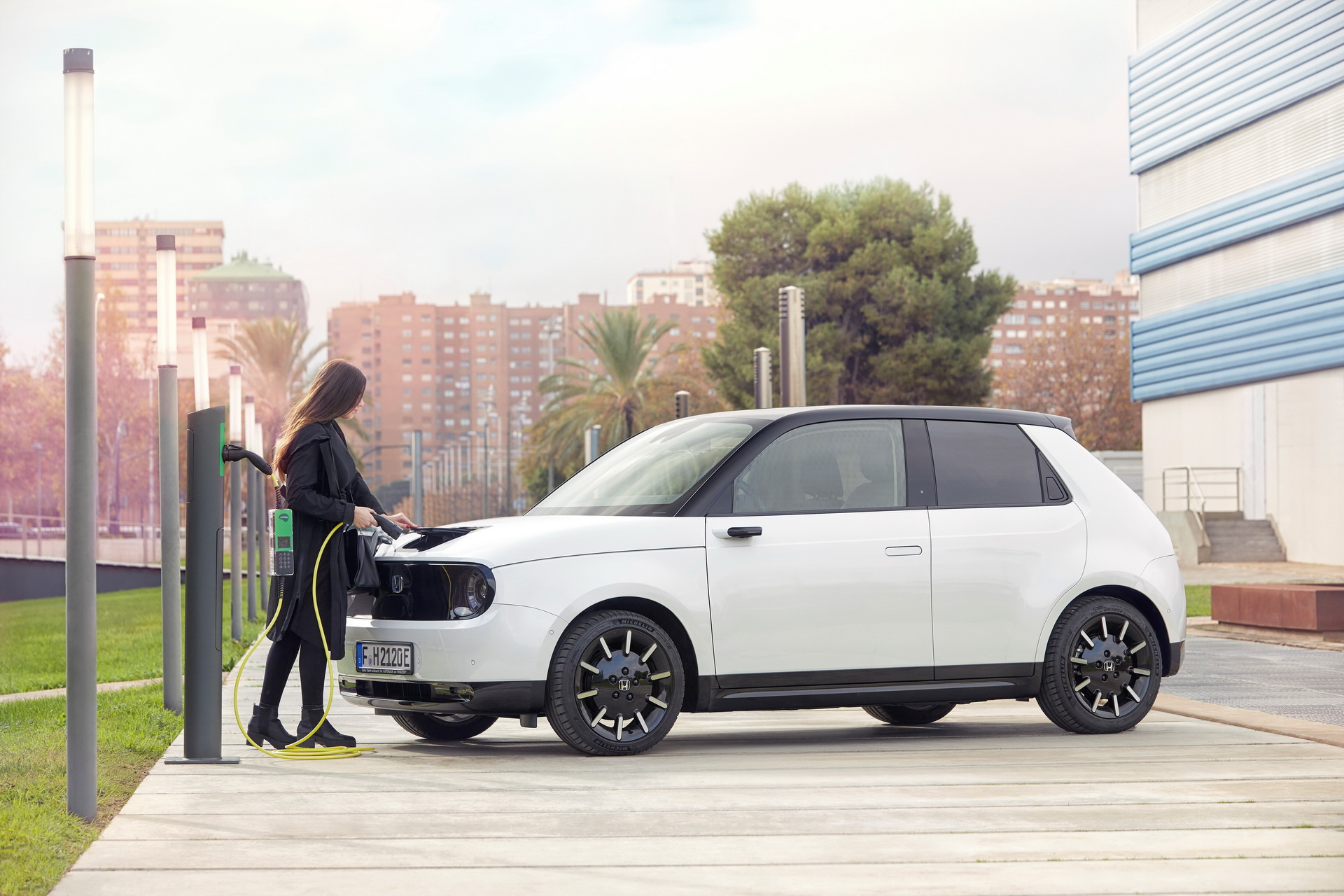The new chief executive of Honda Canada, Jean Marc Leclerc, says the Japanese automaker won’t be able to meet its Canadian greenhouse emissions targets purely by pursuing a zero-emissions vehicle policy. He
Speaking with the Windsor Star, Leclerc said there isn’t enough demand for electric vehicles to turn the tide on greenhouse gas emissions for Canada to achieve its commitments to the Paris Accord.
Leclerc believes there is a big disconnect between the political desire to quickly move to zero-emission vehicles and the actual demand for such vehicles.
“Nobody wants to talk about how much this costs and what people are prepared to pay. They’re just forging forward thinking we have all the solutions and we don’t,” he said. “There’s a political agenda. It’s easy for people to understand zero-emission vehicles as a political statement.”
“Any other technology or combination of strategies, you’re beyond the elevator pitch in terms of time to explain and people’s capacity to understand,” Lecler said. “I think that’s why there’s been a push back on what we see as a practical approach to reducing GHGs in Canada.”
Watch Also: Canadian Honda Driver Tries To Parallel Park, Ends Up Crashing And Rolling Over
The Japanese carmaker’s local CEO says studies have shown Canadians are only willing to pay $700 more to purchase an electric vehicle over an ICE, adding that just two per cent of the 28 million vehicles on Canadian roads are EVs.
The Canadian government aims to see 5 to 10 per cent of all new vehicle sales be zero-emission vehicles by 2030 and 100 per cent of new car sales to be zero-emission vehicles by 2040. While Leclerc acknowledges that electrification is the future, he said EVs should not be imposed and politicians shouldn’t dictate technological solutions to car manufacturers.
“In our discussions with the government we basically tell them just give the GHG reduction targets you’re looking for and let us figure out to how to achieve them,” he said. “Don’t impose a technology. Don’t impose EVs, that’s a big topic in imposing zero-emission vehicles.”
“Even for us to meet the government’s general standards in Canada, we’re going to need to sell a lot of gasoline/hybrid vehicles,” Leclerc added.
“Frankly for the government to achieve their GHG targets they’re going to need to get as many low-emitting vehicles in the market as quickly as possible. With EVs you’re basically getting a trickle right now. If you’re looking at saving the planet and having heavier reductions of GHG, the math doesn’t work.”
The new Honda boss also pointed out that automakers are encouraging the Canadian government to participate in a wider North American plan to standardize fuel efficiency requirements.




